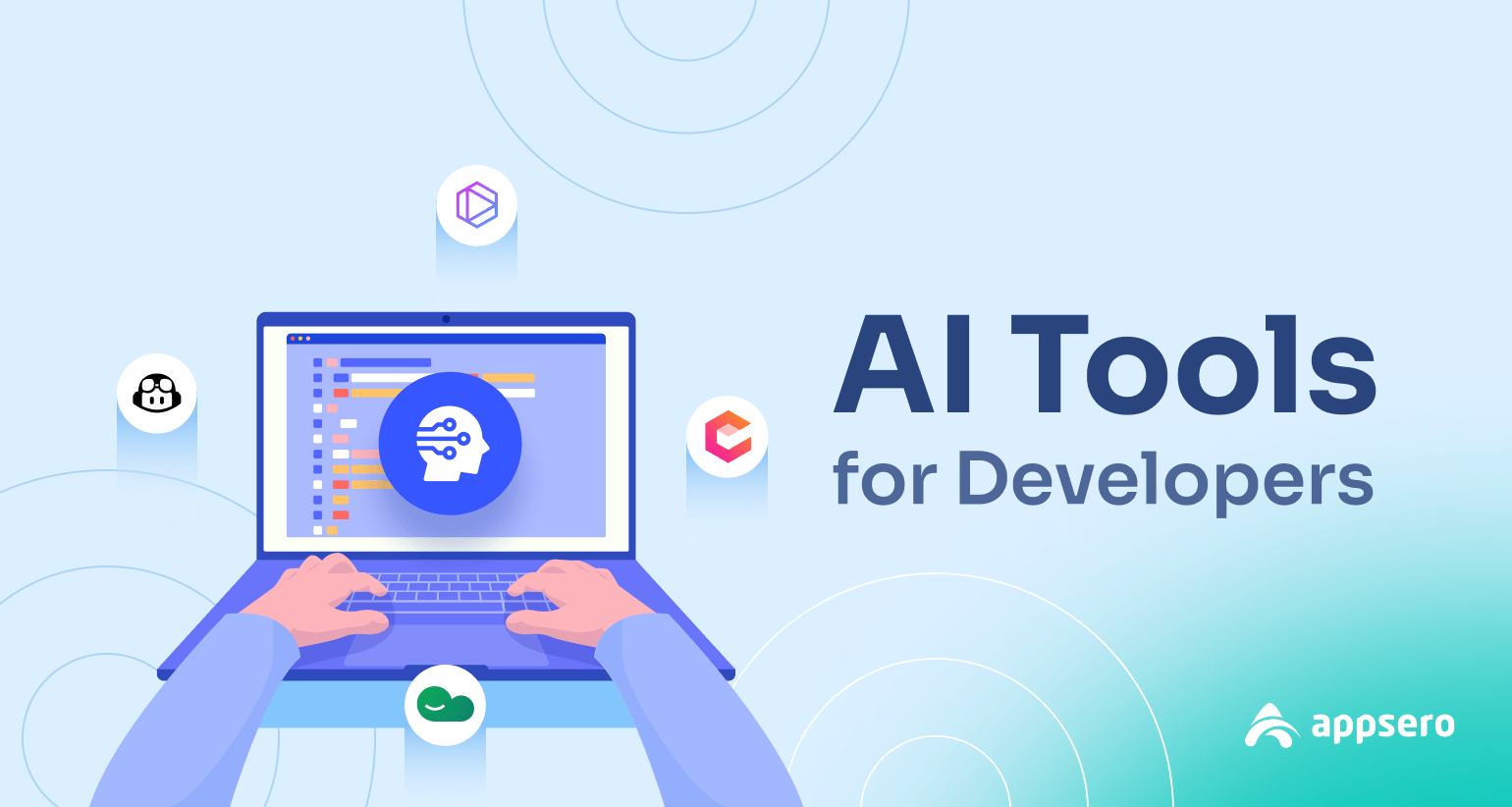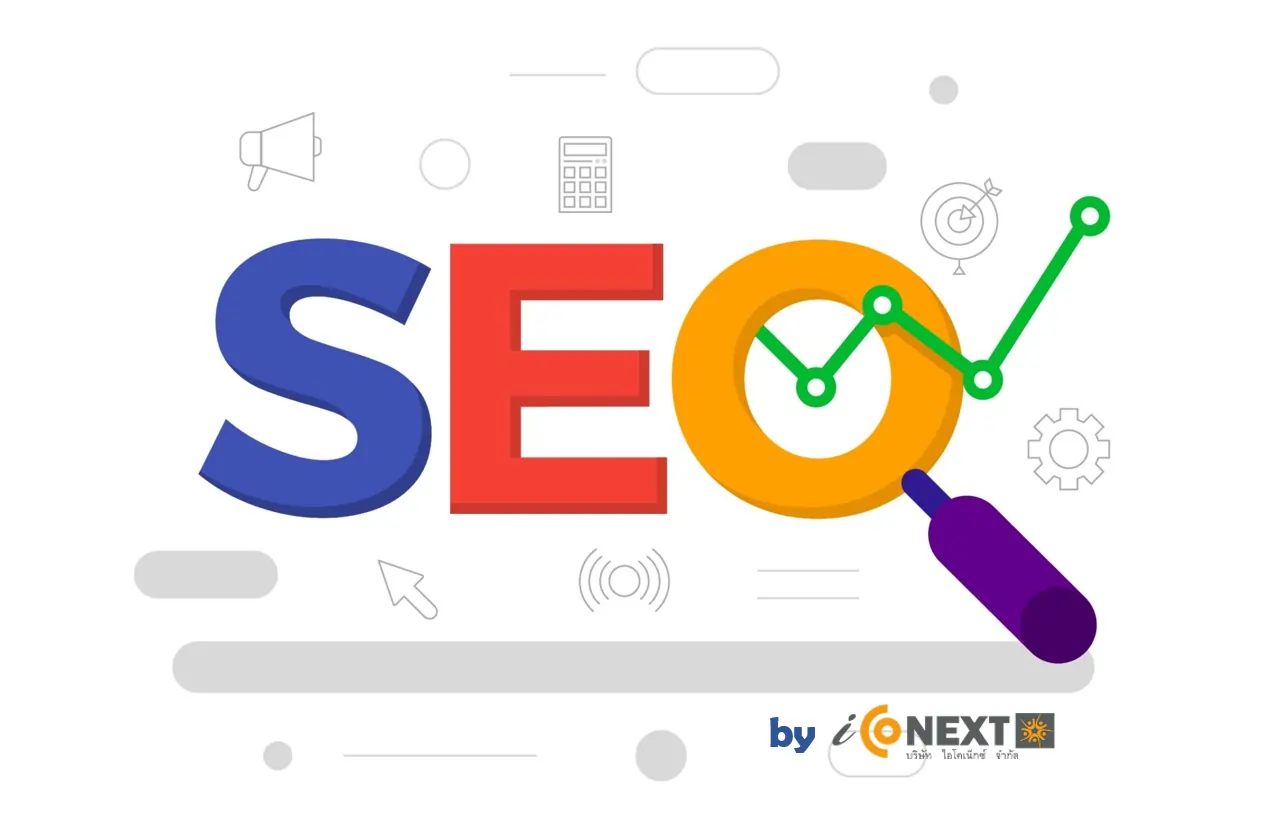Artificial Intelligence (AI) has rapidly evolved from a niche technology into a transformative force that permeates various aspects of our lives. With the advent of sophisticated AI tools, businesses and individuals alike are leveraging these innovations to enhance productivity, streamline operations, and make informed decisions. This article explores the different types of AI tools, their applications across industries, and the implications for the future.
Understanding AI Tools
AI tools can be broadly categorized into several types based on their functionality:
- Natural Language Processing (NLP) Tools: These Ai Tools tools, like chatbots and virtual assistants, understand and generate human language, facilitating customer service, content creation, and data analysis.
- Machine Learning Platforms: These provide algorithms and frameworks that enable organizations to develop predictive models and automate decision-making processes, enhancing everything from supply chain management to personalized marketing.
- Image and Video Analysis Tools: AI tools that analyze visual data are used in sectors such as healthcare (e.g., diagnosing diseases from medical images), security (e.g., facial recognition), and marketing (e.g., customer behavior analysis).
- Automation Tools: Robotic Process Automation (RPA) software automates repetitive tasks, increasing efficiency in areas such as finance and human resources.
- AI Development Platforms: These offer resources and infrastructure for developers to create, test, and deploy AI applications, fostering innovation across various fields.
Applications Across Industries
AI tools are reshaping numerous industries, enhancing efficiency and opening new avenues for growth. Here are some notable applications:
1. Healthcare
AI tools are revolutionizing healthcare through improved diagnostics and personalized treatment plans. Machine learning algorithms analyze vast amounts of patient data to identify patterns that can lead to early disease detection. For instance, AI can predict patient outcomes and recommend optimal treatment strategies based on historical data.
2. Finance
In finance, AI tools are employed for fraud detection, risk assessment, and algorithmic trading. By analyzing transaction patterns and user behaviors, AI can flag suspicious activities in real-time, reducing the likelihood of fraud. Additionally, predictive analytics help financial institutions make data-driven investment decisions.
3. Marketing
AI-driven marketing tools personalize customer experiences by analyzing user behavior and preferences. These tools enable targeted advertising, content recommendations, and sentiment analysis, allowing businesses to connect with their audience more effectively.
4. Manufacturing
AI tools enhance manufacturing efficiency through predictive maintenance and quality control. Machine learning algorithms can predict equipment failures before they occur, reducing downtime and maintenance costs. Moreover, AI-powered vision systems ensure product quality by detecting defects during the production process.
5. Education
In education, AI tools facilitate personalized learning experiences by adapting course materials to meet individual student needs. Adaptive learning platforms analyze student performance and provide tailored resources, enhancing engagement and comprehension.
Implications for the Future
As AI tools continue to evolve, their impact on society raises important questions about ethics, employment, and privacy. While AI enhances efficiency and productivity, there are concerns about job displacement due to automation. Organizations must balance the integration of AI tools with the need to retrain and upskill their workforce.
Furthermore, the use of AI in decision-making processes prompts discussions around bias and accountability. Ensuring that AI systems are transparent and fair is crucial to gaining public trust and fostering ethical practices.
Conclusion
AI tools are reshaping the landscape of industries and everyday life, driving efficiency, innovation, and personalization. As technology advances, it is essential for businesses and society to navigate the challenges and opportunities presented by AI. Embracing these tools responsibly can lead to a future where AI complements human capabilities, unlocking new potentials and transforming the way we live and work. The journey has just begun, and the possibilities are vast.



